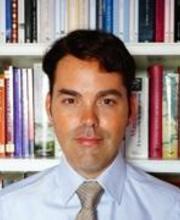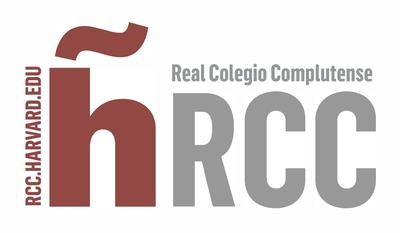Date:
Location:
 Throughout history, the language of procreativity and birth has, nevertheless, been confiscated by male authors to impregnate a mental progeny of their own, stemming from their unique motherless genius. In fact, since Greek myths and Shakespeare to Sterne or Tolstoy, a man’s brain has been a womb, pregnant with ideas, which have been aborted, prematurely labored with pains, or successfully delivered during the birthing process of writing a literary work, towards the postnatal outcome of its publication, which has been desirable to achieve immortality for the proud expectant father and his offspring, only made of words. In contrast, women’s language of the body and reproductive biology has generally been a mute tongue.
Throughout history, the language of procreativity and birth has, nevertheless, been confiscated by male authors to impregnate a mental progeny of their own, stemming from their unique motherless genius. In fact, since Greek myths and Shakespeare to Sterne or Tolstoy, a man’s brain has been a womb, pregnant with ideas, which have been aborted, prematurely labored with pains, or successfully delivered during the birthing process of writing a literary work, towards the postnatal outcome of its publication, which has been desirable to achieve immortality for the proud expectant father and his offspring, only made of words. In contrast, women’s language of the body and reproductive biology has generally been a mute tongue.
Speaker: Francisco José Cortés Vieco, RCC Fellow, Visiting Researcher at the Department of History of Science at Harvard University
